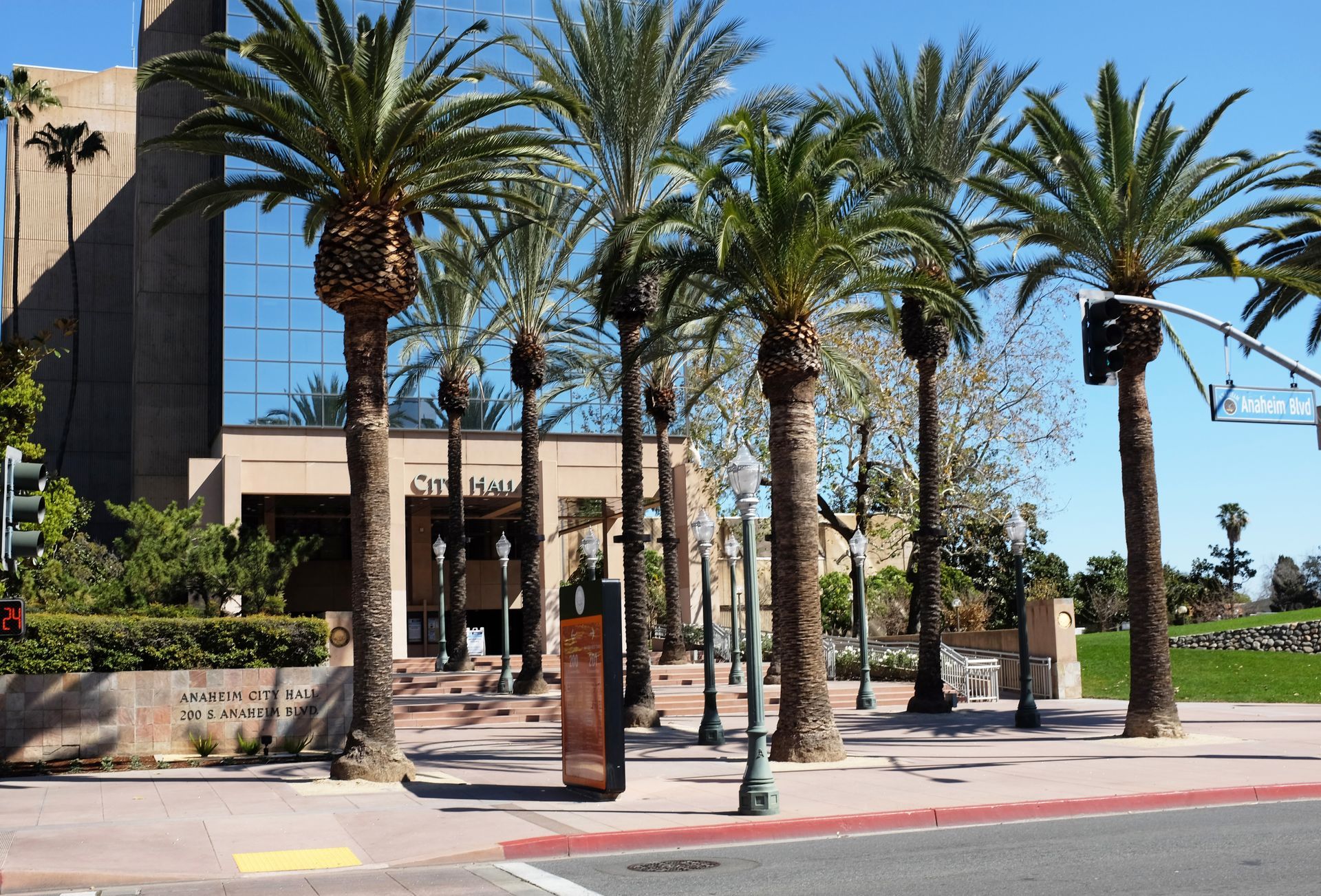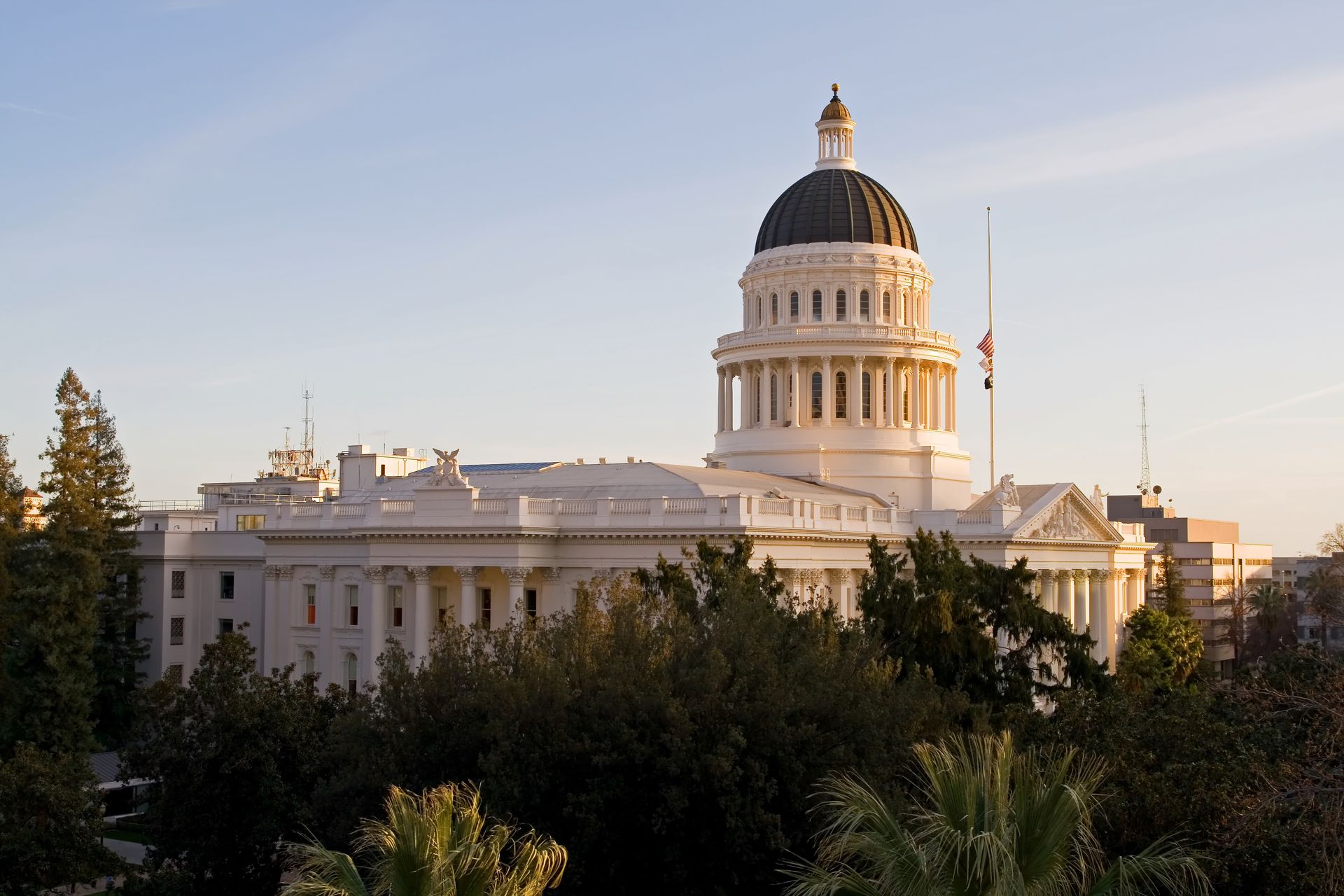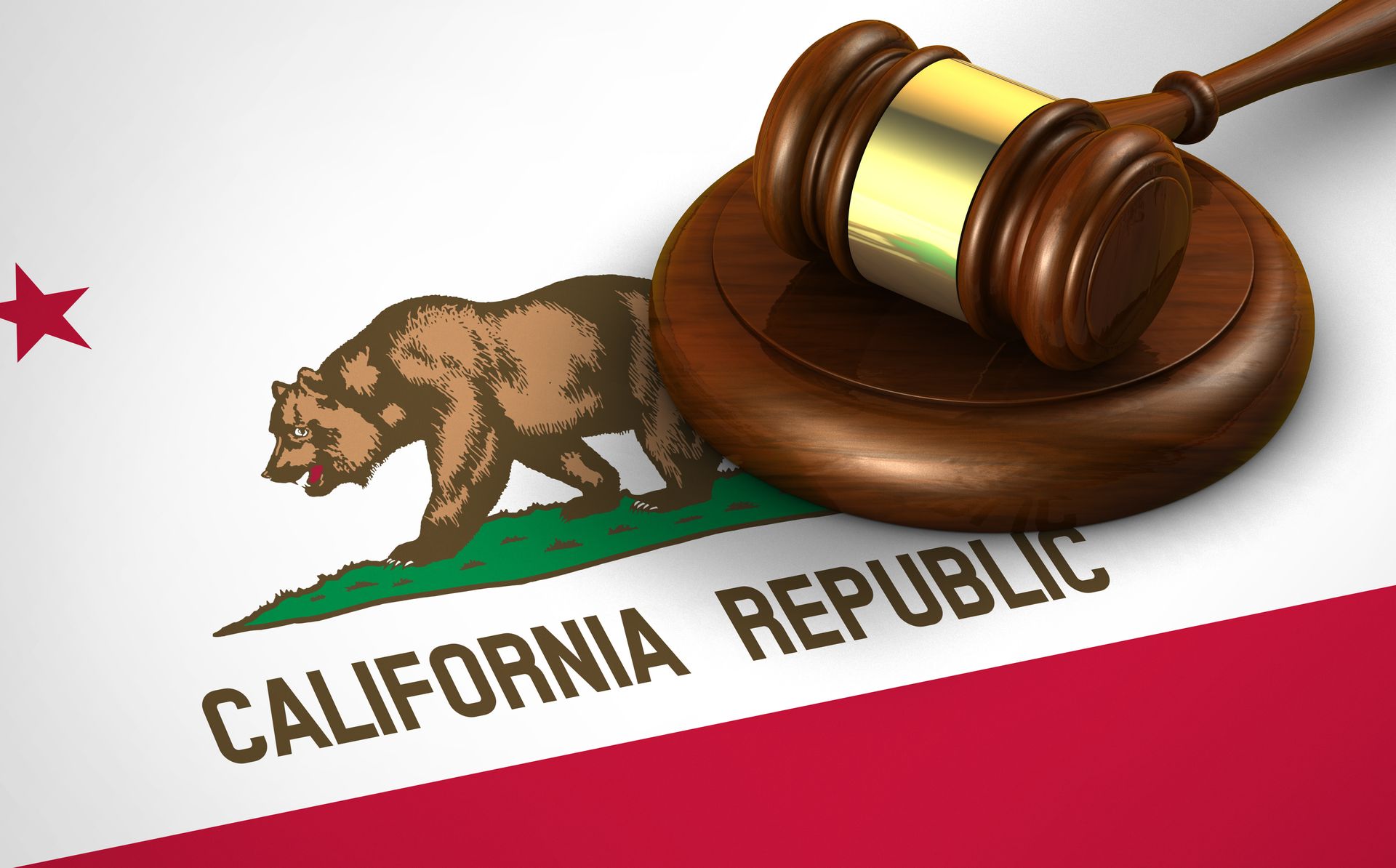Understanding California Homeschool Laws: What You Need to Know
If you're considering homeschooling in California, understanding the legal landscape is essential. California law requires children to attend school—but homeschooling is a legal and valid way to meet that requirement. This guide walks you through what the law says, the legal options available to families, and what’s required to stay compliant.
California Homeschool Laws at a Glance
Legal Options: 3 primary paths
Required School Ages: 6 to 18
Notification Required: Yes (varies by option)
Parent Qualifications: None, unless using a tutor with a credential
Subjects Required: Yes, under private school options
Standardized Testing: Not required for PSA or PSP options
Immunizations: Not required for home-based private schools
Who Must Attend School in California?
California law requires all children ages 6 to 18 to be enrolled in full-time education unless they qualify for an exemption. Children who turn six on or before September 1 must be enrolled for that school year.
This is referred to as compulsory education, and it applies to every student unless their family uses a legal alternative such as a private school, public charter program, or certified tutor.
For details, see
California Education Code §48200.


Legal Ways to Homeschool in California
California doesn’t use the word “homeschooling” in its education code. Instead, families meet the law by choosing one of several exemptions from public school enrollment:
This is the most independent path. You file a Private School Affidavit (PSA) with the California Department of Education and operate your own private school for your children.
Requirements include:
- Filing the PSA between October 1–15 each year (or after unenrolling, if starting mid-year)
- Keeping basic records: attendance, course of study, faculty info (you), and immunization records
- Covering core academic subjects outlined by the state.
A PSP is a private school that supports home-based learners. They file the PSA on your behalf and often help with transcripts, records, and sometimes curriculum planning.
Important notes:
- PSPs vary widely—some are administrative only, others offer structure or community
- Out-of-state PSPs must file a California PSA to meet legal requirements
Before enrolling, verify that the PSP complies with California law.
Some public schools and charter programs offer independent study or homeschool-like support. These options still count as public school enrollment and require:
- Regular check-ins with a credentialed teacher
- Compliance with testing and reporting
- Use of approved materials or curriculum
Many charters offer educational funding or access to enrichment classes. But keep in mind, these programs may come with more oversight and less flexibility than private options.
You can hire a tutor—or be one yourself if you have a valid California multiple-subject teaching credential—to instruct your child full-time.
The tutor must:
- Teach for
3 hours/day,
175 days/year,
between 8 AM–4 PM
- Teach in English
- Cover required public school subjects
This option has strict requirements and is rarely used on its own. Many credentialed parents choose to file a PSA instead due to the flexibility it offers.


What Subjects Are Required?
If you’re homeschooling under the PSA or PSP route, California requires that you offer instruction in the “branches of study required in public schools.” These include:
- English
- Math
- Science
- Social studies
- Fine arts
- Health
- Physical education
You don’t have to use state curriculum or report grades, but your course of study should reflect these general subjects.
Related Blogs on California Homeschool Law
Looking for more information on specific legal topics? These blog posts go deeper into common questions and scenarios faced by California homeschoolers:
Frequently Asked Questions About
California Homeschool Laws
Is homeschooling legal in California?
Yes. Homeschooling is legal in California. Families typically meet the legal requirements by filing a Private School Affidavit (PSA), enrolling in a Private School Satellite Program (PSP), joining a public charter school, or hiring a credentialed tutor.
Do I need a teaching credential to homeschool my child in California?
No. You do not need a teaching credential unless you are using the private tutor exemption, which requires a valid California teaching credential. Most families use the PSA or PSP option, which does not require credentials.
At what age is homeschooling required in California?
Children must be enrolled in school (or legally exempt) from ages 6 to 18. If your child turns 6 on or before September 1 of the school year, they must be enrolled for that year.
What records am I required to keep?
If you homeschool under a PSA or PSP, you should keep:
Attendance records
A list of courses of study
A list of instructional materials
Faculty qualifications (you, as the teacher)
Immunization records or exemption
More details are on our Records to Keep on File page.
Do I have to follow the same school calendar as public schools?
No. Homeschoolers under PSA or PSP options can create their own schedule. However, the law does state that private schools must operate for a “similar length of time” to public schools—generally understood to mean around 175 days per year.
Is testing required for homeschoolers in California?
No. There is no statewide requirement for homeschoolers to take standardized tests under the PSA or PSP options. However, public charter programs may require testing.
Do homeschoolers have to teach specific subjects?
Yes. Under California law, private schools (including home-based schools) must offer instruction in the “branches of study” taught in public schools, such as:
English
Math
Science
Social Studies
Fine Arts
Health
Physical Education
There is no required curriculum, and families choose how to teach these subjects.
Can my homeschooled child participate in public school activities?
If your child is enrolled in a public charter or independent study program, they may have access to school activities depending on the district’s policies. Students homeschooling under PSA or PSP are considered private school students and access to public school programs is not guaranteed.
What is the PSA and when do I file it?
The Private School Affidavit (PSA) is a form you file with the California Department of Education to establish your home as a private school. File between October 1–15 each year, or the same day you withdraw your child if starting mid-year.
Learn more on our How to Start Homeschooling in California page.
Looking for deeper legal questions? See our extended Legal FAQs.
Need Help Navigating the Legal Side of Homeschooling in California?
HSC provides reliable, California-specific information, not fear-based advice. We’re here to empower you, not pressure you.
Homeschooling in California is legal, doable, and supported. You don’t have to do it alone. Join HSC and get the guidance, resources, and encouragement you need to start strong and stay confident.
Staying Informed About Legal Issues
The Homeschool Association of California (HSC) actively monitors legislation that may affect homeschool families. While changes are rare, staying informed helps protect your rights and helps you advocate when necessary.
See current issues on our Legislative Watch:








